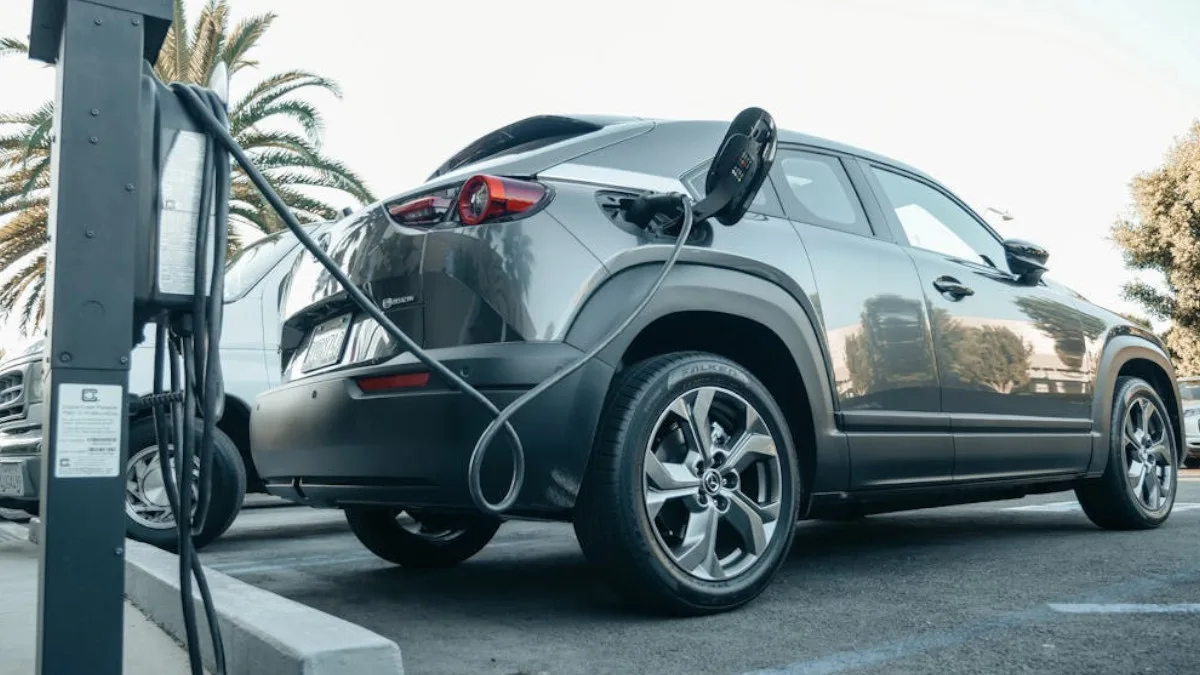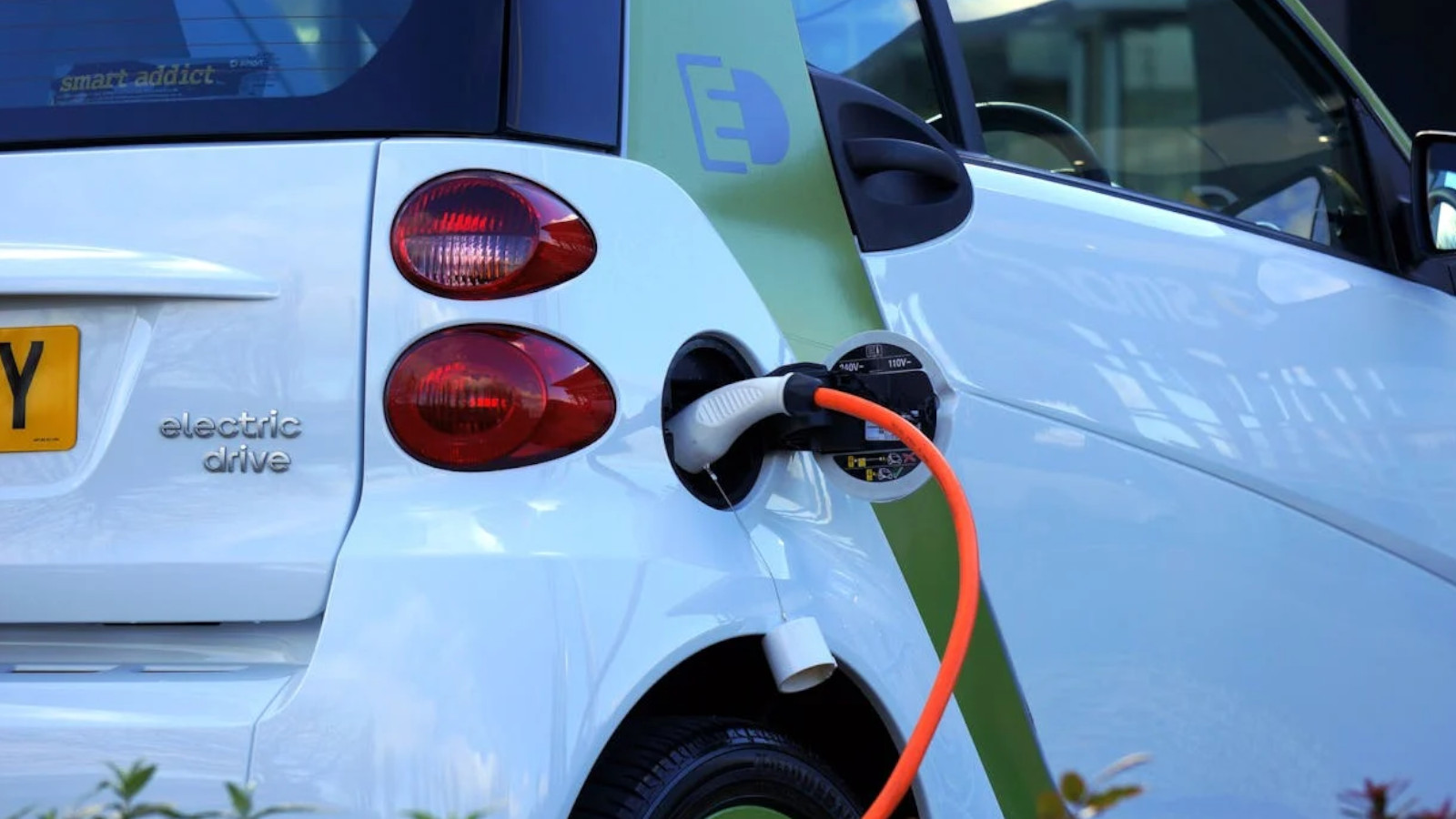India’s electric vehicle (EV) market is rapidly accelerating, fueled by environmental awareness, government incentives, and decreasing battery costs. However, the upfront cost of EVs can still be higher than traditional petrol or diesel cars. This is where EV financing comes in, making these clean-running vehicles more accessible to a wider range of Indian consumers.
In this article, we’ll explore the various financing options available for electric cars in India, offering valuable advice to help you secure the best deal for your eco-friendly ride.
Traditional Car Loans with a Green Twist
Most major banks and Non-Banking Financial Companies (NBFCs) in India now offer car loans specifically designed for EVs. These “Green Car Loans” typically come with attractive interest rates, often slightly lower than regular car loans, to incentivize EV purchases.
Key benefits of Green Car Loans:
- Competitive interest rates: Look for rates starting from around 8.75% (as of May 2024) offered by banks like SBI.
- Higher Loan-to-Value (LTV) ratio: Some lenders may offer up to 90-100% financing of the on-road price, reducing your upfront down payment burden.
- Flexible repayment options: Choose loan tenures that suit your budget, with terms typically ranging from 3 to 8 years.
Exploring Additional Financing Avenues
Beyond traditional car loans, consider these alternative financing options:
- Manufacturer financing: Many EV manufacturers offer in-house financing schemes with competitive rates and bundled benefits like extended warranties or free charging infrastructure.
- Start-up financing platforms: Fintech companies are emerging with innovative financing solutions for EVs, including faster approvals and customized loan structures.
Government Incentives to Offset Costs
The Indian government is actively promoting EV adoption through various schemes that can significantly lower the effective cost of your electric car:
- FAME II subsidy: This scheme offers direct financial support to reduce the upfront purchase cost of EVs. The quantum of subsidy varies depending on the vehicle type and battery capacity.
- Reduced GST: Electric cars currently attract a lower Goods and Services Tax (GST) rate compared to petrol and diesel vehicles, translating to additional savings.
- Income tax benefits: Claim tax deductions on interest paid on EV loans and depreciation on the vehicle’s value.
Pro Tips for Smart EV Financing
- Shop around and compare: Don’t settle for the first offer. Get quotes from multiple lenders to find the best combination of interest rates, loan terms, and processing fees.
- Maintain a good credit score: A healthy credit score will entitle you to lower interest rates and better loan terms.
- Factor in total ownership cost (TCO): Consider not just the loan amount but also the long-term benefits of EVs, like lower fuel and maintenance costs.
- Plan your down payment: A larger down payment will reduce your loan burden and potentially unlock better loan options.
Financing your electric car in India is becoming increasingly accessible and affordable. By understanding the financing options available, taking advantage of government incentives, and following smart financial practices, you can make the switch to an EV a smooth and sustainable transition.
Discover more from Wheels Craze - Automotive News, EV News, Car News, Bike News
Subscribe to get the latest posts sent to your email.




